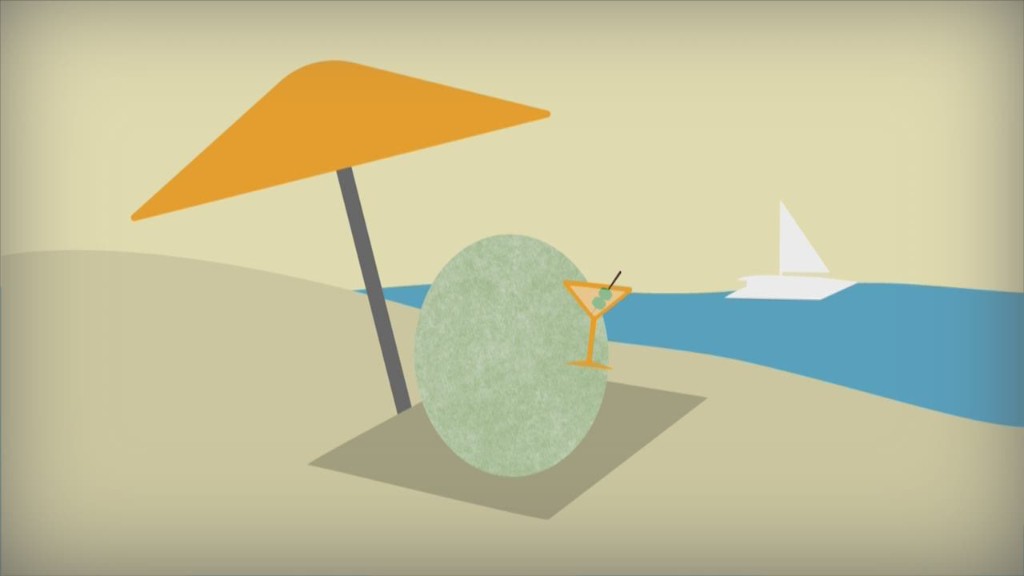
It’s no secret that Americans, on the whole, are behind on retirement savings. While it’s one thing to be in your 20s or 30s with no nest egg, by the time you reach your 40s it’s a bad situation.
Though the average American aged 44 to 49 has a little over $81,000 socked away for the future, according to the Economic Policy Institute, there are plenty of 40-somethings with no savings at all. If you’re one of them, here’s how to recover.
1. Don’t panic
Nerve-wracking as it may be to find yourself in your 40s without a dime set aside for your golden years, don’t flip out about it too much. The good news is that you still have a number of working years ahead of you to catch up, so rather than harp on what you haven’t saved, focus your energy on doing better going forward.
Create a budget if you don’t have one already so you can see where your money goes on a monthly basis. This can help you understand what it’ll take for you to fund your nest egg consistently. Then commit to saving a reasonable amount for the rest of your working years so that you’re able to make up for lost time.
Imagine you’re 47 with no savings and you want to retire in 20 years. If you manage to sock away $600 a month for the next two decades and your investments generate an average annual 7% return during that time, you’ll be sitting on close to $300,000. Make it $800 a month, and you’ll be looking at almost $400,000.
Granted, neither of these figures will make you rich as a senior, but they might provide just enough income for you to pay your bills and live a reasonably comfortable lifestyle, especially when you factor other income sources, like Social Security, into the mix.
2. Free up more cash for savings
If you haven’t been saving for retirement to date, chances are it’s because your paychecks get maxed out month after month by living expenses. So rather than continue falling into that trap, examine your newly created budget and decide where you’re willing to cut corners. If you’re able to downsize your living space and shave $500 a month off of your housing costs, that’s an extra $6,000 a year that can go directly into your nest egg.
Of course, you might look at your budget and decide that there’s absolutely no way to cut corners. And that’s fine, provided you find a way to generate more income.
Since your boss probably won’t grant you an instant raise just because you’re behind on retirement savings, your next best bet in this regard is to get yourself a side hustle — meaning, a second gig on top of your primary job. Incidentally, 14% of folks with side hustles do that extra work for the express purpose of saving for retirement, so if you’d rather not compromise too much of your lifestyle, or you truly feel that you’ve pared down your expenses as much as possible, then taking on that extra work is probably the right move for you.
3. Think about extending your career
There comes a point when you can only do so much to make up for your mistakes. If you’re truly looking at no savings by the time you reach your 40s, you might need to make plans to extend your career and use those extra years on the job to not only save money, but leave your existing nest egg intact.
In the above example, we saw that saving a pretty impressive $800 a month over 20 years would result in almost $400,000 of savings. But imagine you’re able to maintain that savings rate for an extra five years. Doing so will leave you with $607,000 for retirement, assuming that same average annual 7% return on investment.
Now, you might argue that there’s no need to commit to extending your career when you’re only in your 40s and have plenty of time to make that call. But here’s the thing: The more attached you get to a certain retirement date or age, the harder it’ll be for you to stray from that notion when you’re older and quite possibly worn out. On the other hand, if you tell yourself from a relatively young age that you must push yourself to work longer, it’ll be easier to get on board with that plan once you land in that situation.
Being in your 40s without retirement savings isn’t great, no matter how you look at it. But rather than lose your cool, or worse yet, resign yourself to the notion of never getting to retire, take steps to get a handle on your finances and make choices that allow you to start banking some serious money.
Related links:
• Motley Fool Issues Rare Triple-Buy Alert
• This Stock Could Be Like Buying Amazon in 1997
• 7 of 8 People Are Clueless About This Trillion-Dollar Market
At the same time, mentally prepare yourself to work a bit longer to avoid financial stress as a senior. Having no long-term savings in your 40s is a situation you can recover from. The key, however, is to start making changes as soon as possible so that you don’t land in your 50s with that same non-existent balance.
CNNMoney (New York) First published September 25, 2018: 10:21 AM ET